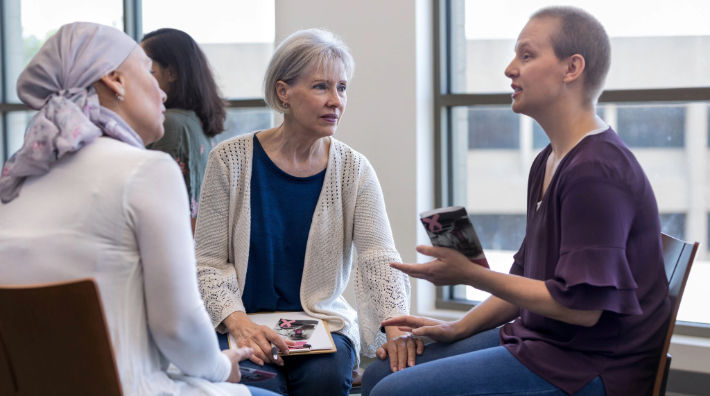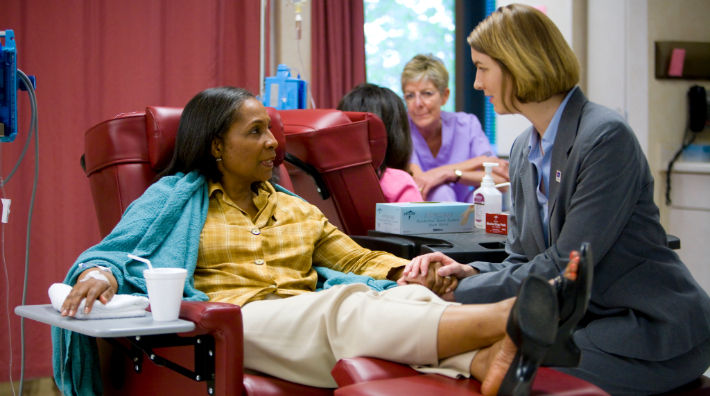Cancer Connections
Cancer News, Stories, and Conversations
Our team of experts brings you cancer-related news, features, and survivor stories.
Published on: February 5, 2026
The risks of hormone replacement therapy (HRT) depend on your personal health history. Get more information about which factors affect those risks.
Published on: February 4, 2026
After surviving cervical cancer, Danielle Massi turned her diagnosis into action, sharing her story to inspire others to advance cancer research.
Published on: January 22, 2026
This testing option for cervical cancer allows people to collect their own samples at a doctor’s office or at home. Learn more about cervical self-collection.
Published on: January 9, 2026
For cancer survivors, supporting others can offer a sense of purpose. Find out more about ways to get involved, including volunteering and fundraising.
Published on: December 17, 2025
Keeping old medication can be a safety risk for people and pets. Learn how to safely get rid of unused medication, including cancer treatment drugs.
Published on: December 10, 2025
Hearing your cancer has returned can cause many concerns. Use these questions to guide your conversation with your doctor.
Published on: December 3, 2025
Research is still being done on how microplastics may be affecting your body. Get tips to reduce the amount of plastic you’re exposed to.
Published on: November 26, 2025
Knowing what will happen during your first chemotherapy appointment can help ease your anxiety. Find out how to prepare for your treatment.











